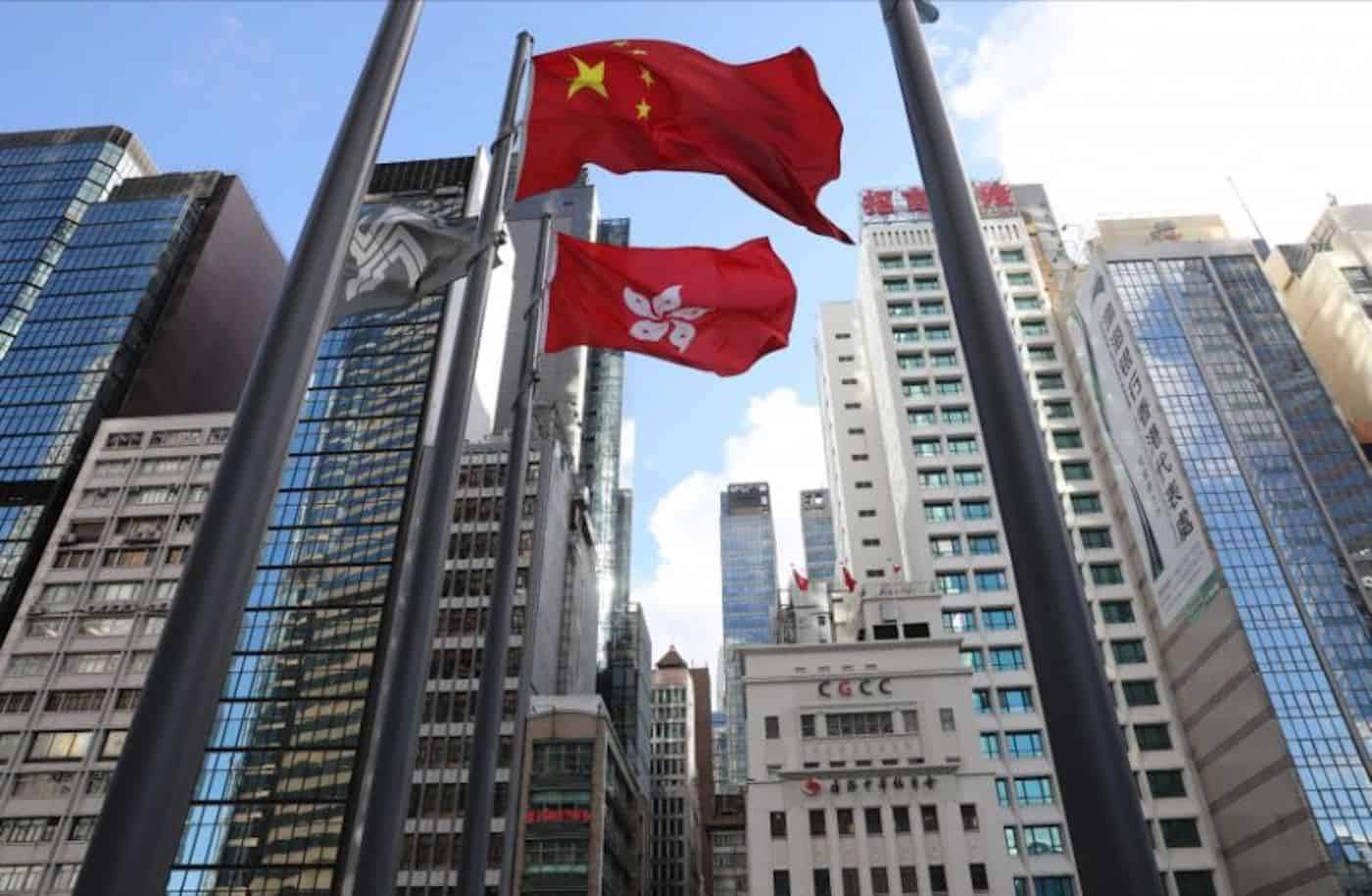HK business braces for US sanctions hit

Hong Kong businesspeople fear that they could be hit indirectly by pending US sanctions against the city and Chinese political figures.
Hong Kong’s business community had already digested the news that the US would end the territory’s special status, but the pace of sanctions was faster than expected, said Felix Chung Kwok-pan, a LegCo member for the Textiles and Garment constituency and leader of the pro-business Liberal Party.
Businesspeople would look closely at who and which companies would be punished by the US, and most importantly whether any financial institutions and banks will be hit, Chung said. It was hard to predict what would happen next.
Since the US-China trade war broke out, some manufacturers have started moving production to Hong Kong from mainland China, Chung said. However, if the US treated Hong Kong the same as the mainland, there was no point in relocating to the city, he said.
If Hong Kong businesspeople had to renew their US visa every year, instead of enjoying a one-off 10-year visa, it would be troublesome, Chung added.
Raymond Young Lap-moon, chief executive of the Chinese Manufacturers’ Association of Hong Kong, said businesspeople had already prepared mentally for the end of the US’ special status, but they were still worried by the uncertainties caused by the worsening US-China relationship.
“There is not any predictable pattern about the US sanctions. As long as the US thinks Hong Kong’s autonomy has been undermined, it can impose any kind of sanctions,” Young said, adding that US allies could also move to impose sanctions on Hong Kong individuals and companies.
Businesspeople are not too worried about being accused of undermining Hong Kong’s autonomy but they are concerned that they could be hit for having links to sanctioned people and companies, Young said.
Other Hong Kong companies are worried that they will not be able to import some high-technology equipment if other countries also impose sanctions on Hong Kong.
However, he believed that the US would not do anything to shake the Hong Kong dollar’s peg to the US dollar in the short term because it’s a “nuclear weapon” that would hurt Hong Kong-based US companies and the international mobility of the US dollar.
On Tuesday, US President Donald Trump signed the Hong Kong Autonomy Act of 2020 into law and signed an executive order on Hong Kong normalization. Trump announced that Hong Kong was no longer sufficiently autonomous to justify preferential treatment in relation to China.
Any foreign person who is or has been responsible for or involved in developing, adopting, or implementing China’s national security law in Hong Kong will face US sanctions, according to the executive order.
Anyone who takes action or sets policies that undermine democratic processes or institutions in Hong Kong or threaten the peace, security, stability, or autonomy of Hong Kong could face punishment under the order.
Although Trump did not mention the currency peg policy, John Bolton, the former US ambassador to the United Nations and Trump’s ex-national security advisor, said the de-pegging of the two currencies “is obviously a subject for discussion.”
Bolton said in a webinar with the Foreign Correspondents’ Club of Hong Kong on Wednesday that “this could be Hong Kong’s final hour.”
“If the whole position is trying to defend the ‘one country two systems’ deal for Hong Kong, you are fighting a totally defensive struggle,” he said.
“If you can’t solve a problem, expand it. Why shouldn’t the rest of China enjoy what the people of Hong Kong were supposedly guaranteed in the handover deal?”
Photo: Hong Kong is caught in the crossfire of wider US-China tensions. Image: Facebook
Link: https://asiatimes.com/2020/07/hk-business-braces-for-us-sanctions-hit/











